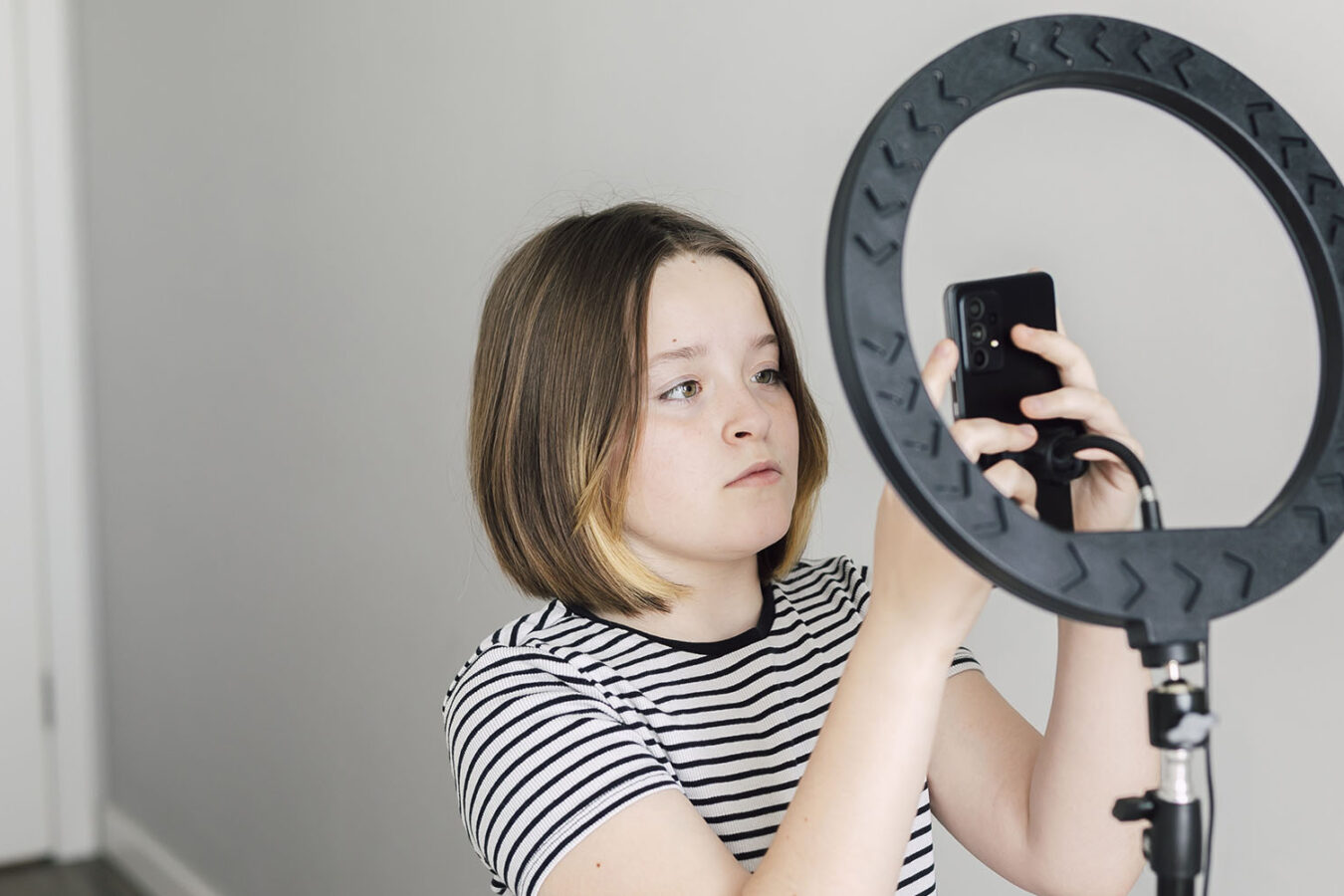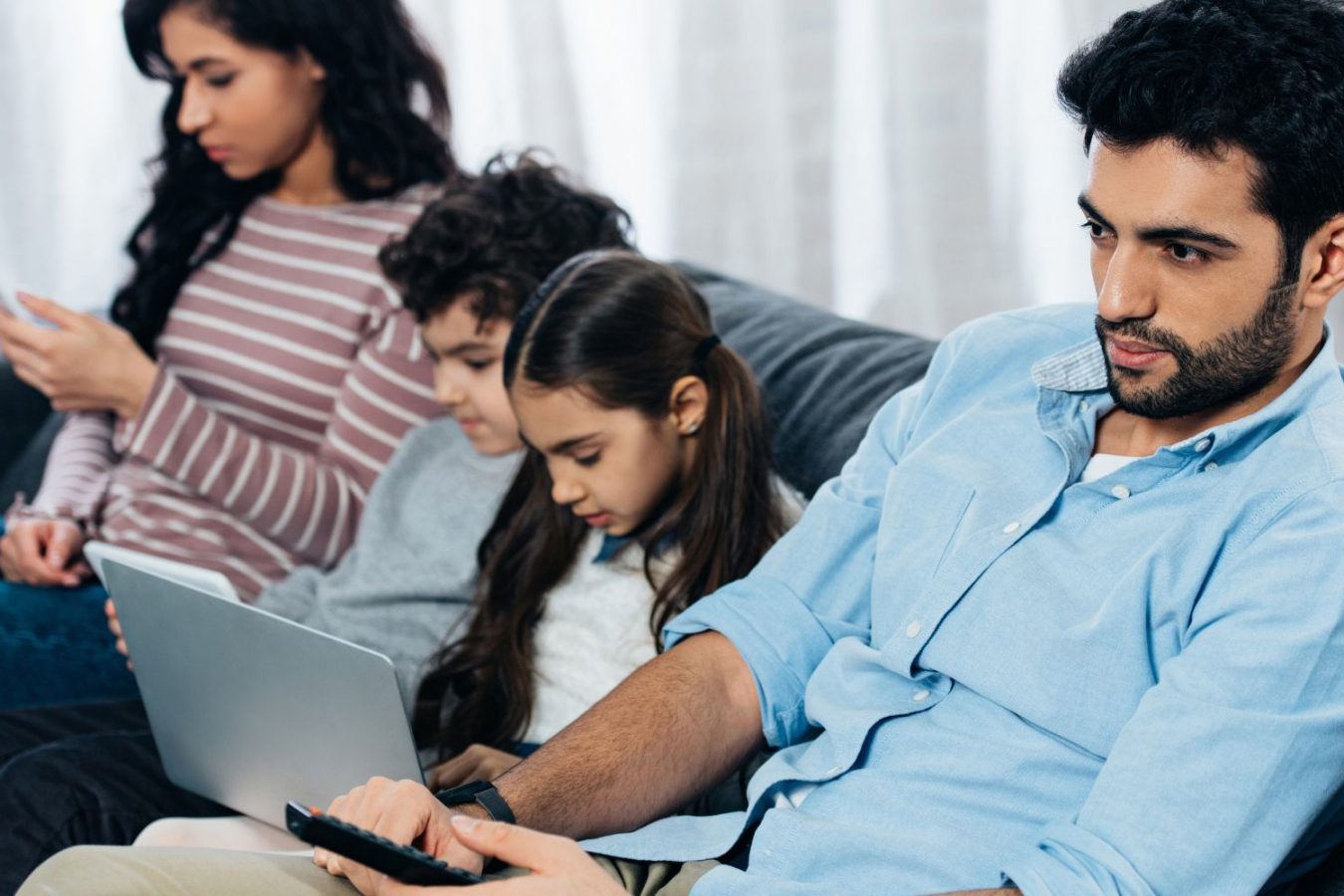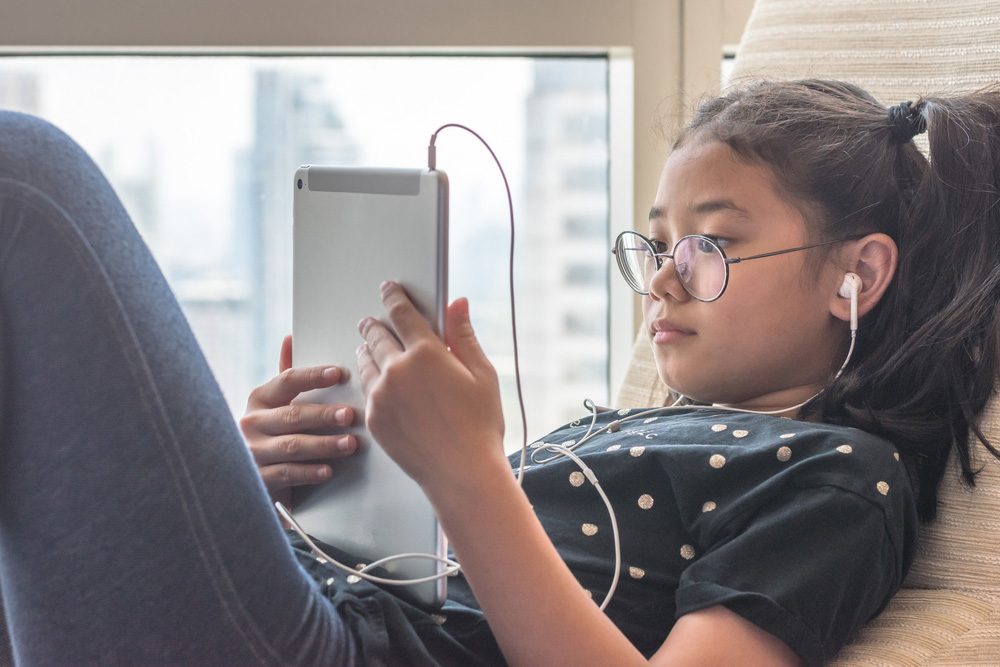
There's growing unease about the technology use of young people. As a starting point, we should ask them what they think, writes Aine Maher.
Recently I listened to Dr Joanne Orlando, a family digital literacy expert and educator, present a different view of young people’s use of technology.
I, like many other parents, have listened with growing unease to coverage of the dangers of technology in the hands of our children and teenagers. The dominant discourse is that young people’s relationship with social media is dysfunctional, an accessory to bad behaviour and leads to poor judgement.
Our natural instincts are, of course, to protect our children and the onus is placed on us, as parents, to assume that their motives are often dubious and to monitor our children’s use. Many of us find that conversations about technology use are challenging and look to schools to help students have healthy relationships with technology and to be safe and confident explorers of the digital world.
Of course, much of this discourse reflects genuine concerns but it is not always balanced, and it is rarely informed by the insights and experiences of young people themselves. They have strong opinions, appreciating the upsides and understanding the downsides in ways that differ from us as their parents. Technology is critical to their learning and their future. Their vantage point is different but equally valid.
Dr Orlando claims that our continued paranoid and distrustful stance about our young people’s technology use is doing this generation a huge disservice. In her academic work, she has researched why young people use technology in the ways they do, which is different to adults’ digital behaviour, and what works and doesn’t work for each generation.
Technology has changed the way we, as adults, live, work, play and interact. What do our young people observe when they see us as users of technology? Do we have a healthy level of usage? Is our device always within our reach? Do we constantly ‘keep an eye’ on our social media feed, our email accounts and our newsfeed? Is usage okay when it is driven by our needs to ensure their safety such as reaching them with messages throughout the day, knowing that assistance is only a phone call away should there be an emergency.
And what of our use of various surveillance apps? One quote from a 15-year old was particularly thought-provoking: ‘Seriously, if you love your kids at all, why don’t you try communicating with them instead of buying spyware. What’s wrong with you all? And you say we’re the generation with communication problems.’
Engaging with our young people in open and critical conversations about our use of technology and our struggles with finding a reasonable balance is a start. How are our devices both facilitating and interrupting our connections with each other? Are we aware of our screen time? What is ethical use of technology and how are we working to stay within acceptable boundaries? Are we positive role models as users of technology? Let’s learn from them by asking what they are doing, why they are doing it, why it is important, what concerns them. Allow them to share their thinking out loud with us. Listen first before sharing our perspective.
These conversations matter because these generations, our children, will live in a digital world for the rest of their lives, shaping and potentially being shaped by technology. Our willingness to have these conversations empowers not only our children but us as well.
Some useful resources include the website of the eSafety Commissioner, and the NSW’s Digital Citizenship website.
Like this post? Please share using the buttons located on this page.
About the author
ISV’s Aine Maher has a particular interest in curriculum, and how education shapes the world – and is shaped by it.
Subscribe

